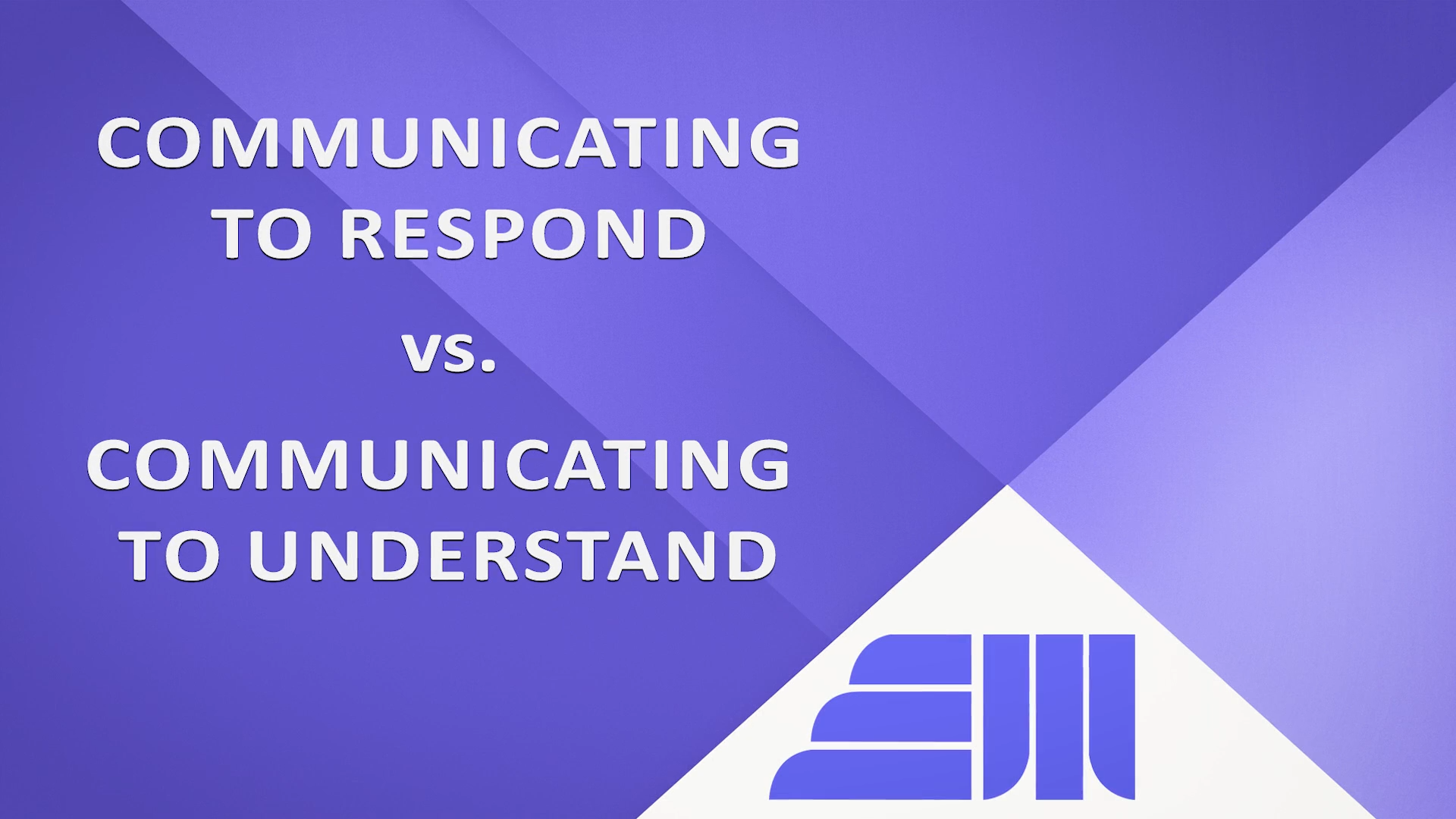
Distinguish Your Leadership with the Combination of Passion and Compassion
Being a passionate leader is no longer enough. Great leaders balance fire with empathy, drive with discernment, and urgency with understanding...

Founder
By Gerald Parsons • Jan 8, 2023
If you lead a team now or aspire to lead a team, one of the most important skills to develop is asking yourself the right questions. If we leave perception and interpretation unattended, the chance for unintentional consequence soars. Asking yourself the right questions will keep you “others first” focused when serving your team. So here are three questions to help you be a more effective leader:
People who feel used with no reward, either verbal, financial or some other benefit, will have difficulty supporting your leadership. Recognition to peers and representation to managers and direct reports builds trust. Trust is what every leader needs and wants. When others dreams come true, yours will also.
Understanding how to have courageous conversations will also help create a sense of trust. When conflict or confrontation takes place or needs to, remember to professionalize not personalize. Making the conflict or the issue a third party will separate the conflict from the contributor and keep trust intact. So, questions like “How can you and I address this issue?”
When having a conversation with a team member, crafting your response while the co-worker is still talking, or interrupting to make your point, sends the message that you are not really interested in their input. So, impose a governor on your responses then listen and make mental notes. Then use those mental notes to ask questions that will build relationship equity.

Being a passionate leader is no longer enough. Great leaders balance fire with empathy, drive with discernment, and urgency with understanding...

Founder

When communication breaks down, so does trust. And when trust disappears, so does engagement, performance, and retention...

Founder

In todays rapidly evolving business landscape, organizations are increasingly recognizing that their most valuable asset isn't their technology, infrastructure, or even their intellectual property—it's their human capital.

Founder